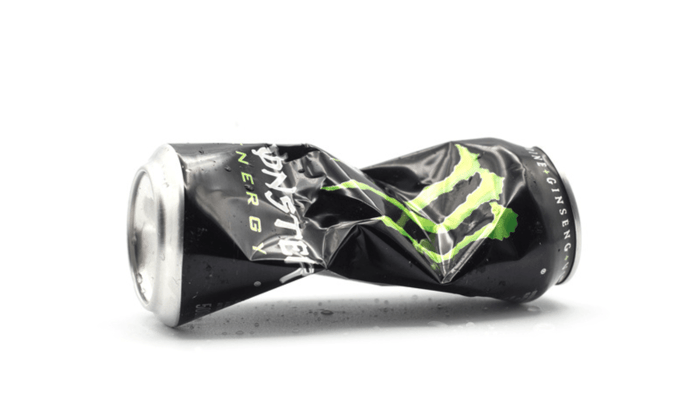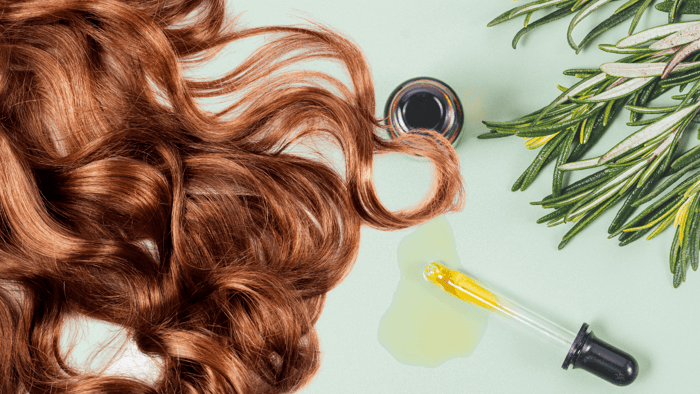
Shampoo bars are compact and eco-friendly alternatives to their liquid counterpart, having gained immense popularity due to their numerous benefits, natural ingredients, and convenient usage.
From shampoo bars for curly hair, shampoo bars for gray hair, and shampoo bars for fine hair, we’ll explore several different shampoo bars reviews, and even try out a recipe you can make at home.
Are Shampoo Bars Better for Hair?
Shampoo bars have garnered a reputation for being a healthier option for hair care. They are typically formulated with gentle, natural ingredients that are free from harsh chemicals, sulfates, and parabens. By avoiding these additives, shampoo bars help maintain the natural balance of your hair and scalp. Some shampoo bars contain nourishing oils, such as coconut oil or argan oil, which can provide hydration and promote hair health.
Do Shampoo Bars Actually Work?
Absolutely! Shampoo bars have been proven to effectively cleanse and condition the hair, leaving it clean, soft, and manageable. The key to their success lies in the formulation, which ensures a gentle lather that thoroughly removes dirt, excess oil, and product buildup. Unlike traditional shampoos, shampoo bars don't strip the hair of its natural oils, making them a great option for those with dry or damaged hair.
Are Shampoo Bars Better Than Shampoo?
Determining whether shampoo bars are better than traditional shampoos really depends on personal preferences and hair type. They offer several advantages, including being more environmentally friendly, long-lasting, and free from harmful chemicals. They can also provide nourishment and moisture to dry or damaged hair. However, some individuals may find that traditional liquid shampoos work better for their specific needs or hair concerns. It's important to experiment and find the best option that suits your hair's unique requirements.

What Are the Cons of Shampoo Bars?
While shampoo bars offer a multitude of benefits, there are some potential drawbacks. One common concern is the adjustment period when changing from traditional shampoos to bars. During this time, your hair and scalp may need time to adapt to the new formula, which could result in a temporary period of oiliness or dryness. However, this adjustment period is typically short-lived, and many people find that their hair eventually becomes healthier and more balanced with regular use.
DIY Shampoo Bar Recipe
If you're intrigued by the idea of making your own shampoo bar, here's a recipe to get you started.
Ingredients:
1 cup of coconut oil
1 cup of olive oil
1 cup of distilled water
1/4 cup of lye (sodium hydroxide)
Optional: Essential oils for fragrance (e.g., lavender, rosemary, or tea tree)
Instructions:
- Put on protective gloves and eyewear, and ensure you are working in a well-ventilated area.
- In a heat-resistant container, slowly add lye to distilled water, stirring until fully dissolved. Be cautious, as this mixture will produce heat and fumes.
- In a separate container, melt coconut oil and olive oil together over low heat.
- Allow both the lye and oil mixture to cool until they reach a temperature of around 100°F (38°C).
- Slowly pour the lye mixture into the oil mixture, stirring continuously.
- Using a hand blender or mixer, blend the mixture until it reaches a thick, pudding-like consistency known as trace.
- Add any desired essential oils for fragrance and mix well.
- Pour the mixture into silicone molds or a lined loaf pan, and let it sit for 24-48 hours to harden.
- Once hardened, remove the bars from the molds or pan, and allow them to cure in a cool, dry place for about four weeks before use.
Remember to exercise caution when working with lye, and always follow safety guidelines and instructions.

Shampoo bars have undoubtedly made a huge impact on the hair care industry. With their natural ingredients, eco-friendly packaging, and convenient usage, they offer a sustainable alternative to traditional liquid shampoos. Whether you choose to purchase a ready-made shampoo bar or embark on a DIY adventure, you'll find many options available to meet your hair care needs. Give shampoo bars a try, and you may discover a new favorite.
Want to know everything going on in natural health and beauty? Sign up for BVU's newsletter. You can also follow along on Instagram and Facebook.




